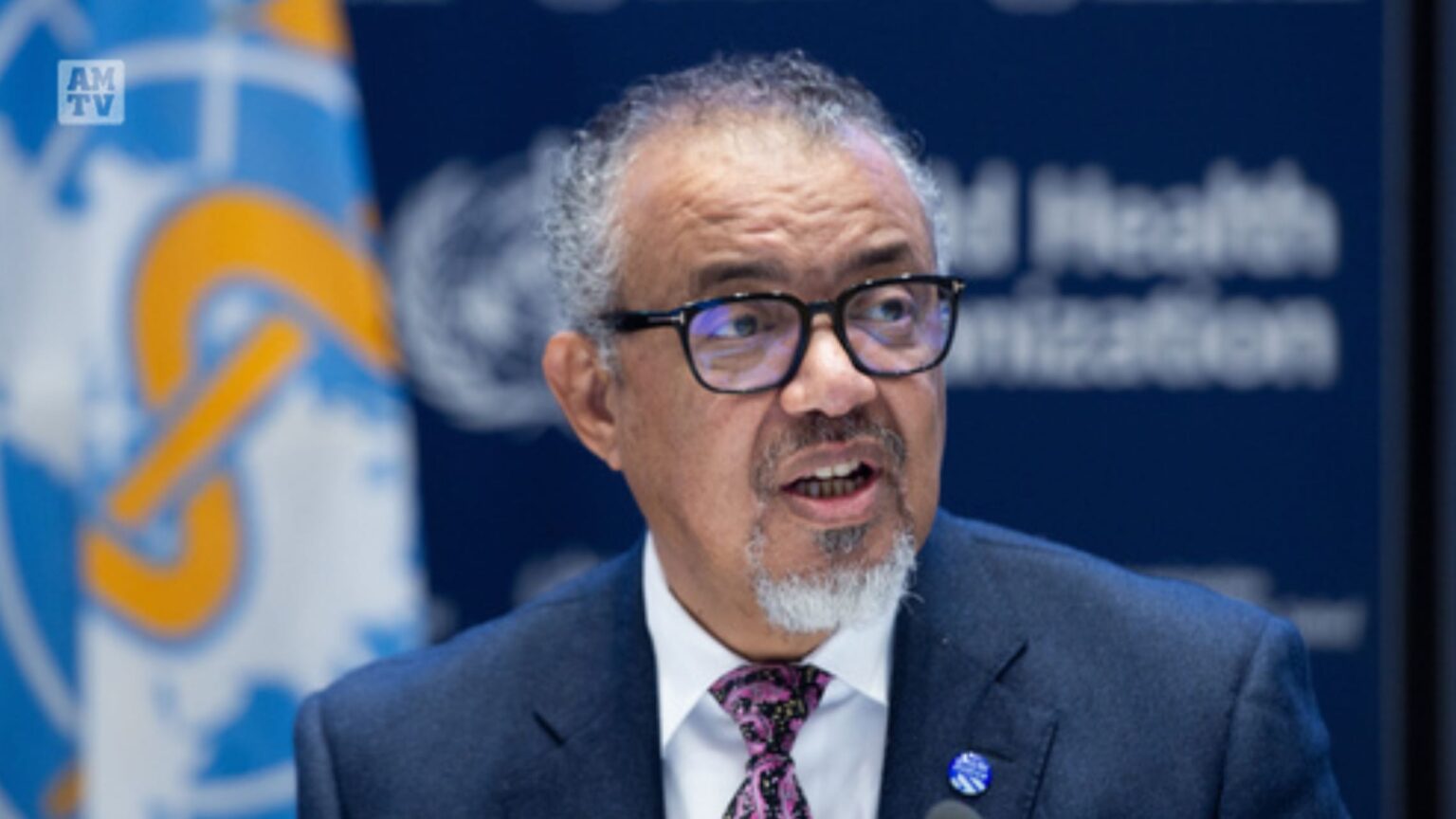Niger has successfully become the first African country and the fifth globally to be declared free from onchocerciasis, a deadly parasitic disease known as river blindness.
Onchocerca volvulus is the parasite that causes river blindness and is transmitted to humans through the bite of an infected black fly, mainly found near rivers.
Marking a significant breakthrough, Dr. Tedros Adhanom Ghebreyesus, World Health Organisation Director-General, on Thursday congratulated the nation for its tireless dedication in attaining this milestone.
“I congratulate Niger for its commitment to liberating its population from this blinding, stigmatizing illness that causes so much human suffering among the poorest.
“This success is yet another testament to the remarkable strides we have made against neglected tropical diseases and offers hope to other nations still battling onchocerciasis, demonstrating that elimination is possible.”
Onchocerciasis is the second leading infectious cause of blindness worldwide, after trachoma. It primarily affects rural populations in sub-Saharan Africa, Yemen, and parts of Latin America.
To combat this disease, Niger witnessed a significant reduction in onchocerciasis transmission after implementing vector control measures between 1976 and 1989 under the WHO Onchocerciasis Control Programme in West Africa (OCP).
The WHO document noted, “Following the donation of ivermectin by Merck, Sharpe & Dohme (MSD), areas still affected by lymphatic filariasis (LF) underwent mass drug administration (MDA) with ivermectin and albendazole from 2008 to 2019, followed by surveillance.
Read also: Uganda to receive $1 million from WHO to tackle Ebola outbreak
This intervention successfully halted the transmission of the Onchocerca volvulus parasite.
In 2014, preliminary assessments were introduced after stopping LF MDA in most regions. Reports entomological and epidemiological surveys showed a reduction in prevalence from approximately 60% to 0.02% after administering the combination of medicine and vector control.
However, this achievement was made possible through the combined support and resources of the Nigerien government, WHO, and various non-governmental organizations.
The WHO highlighted that persistent disease monitoring contributed to strategic adjustments and ensured the effectiveness of the intervention.
Dr. Matshidiso Moeti, WHO Regional Director for Africa, stated, “Onchocerciasis has long caused immense human suffering. It has also impeded the economic development of affected communities, driving people away from rivers, which are often lifelines for livelihoods.
“Niger’s success ends this burden for its people. It also positions Niger as a model for the elimination of neglected tropical diseases in Africa. The country previously demonstrated its leadership in public health by eliminating Guinea-worm disease in 2013. Today, it takes another historic step forward.”
Fifty-four countries, including Niger, have successfully eliminated tNeglected Tropical Disease (NTD) globally.
The other countries declared free from onchocerciasis are Colombia (2013), Ecuador (2014), Guatemala (2016), and Mexico (2015).
In WHO African Region, about 21 countries has eliminated one of the NTD.
“Onchocerciasis is the second neglected tropical disease eliminated in Niger; the country was certified free of dracunculiasis (Guinea-worm disease) transmission in 2013.”

